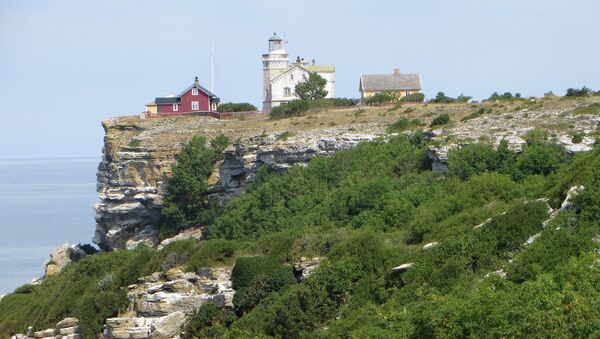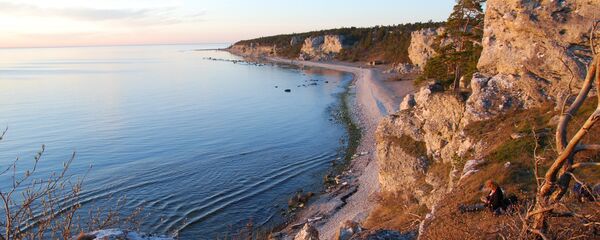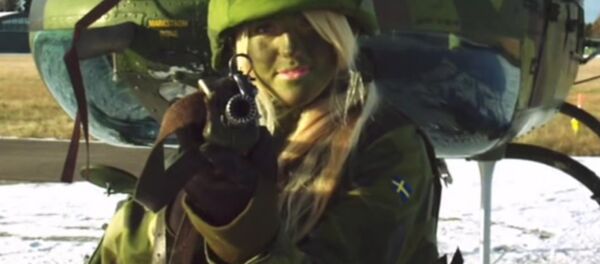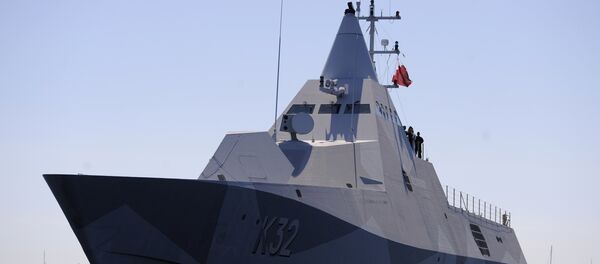"External factors in the world have deteriorated over time," the Supreme Commander of the Armed Forces, Micael Bydén, told Swedish national broadcaster SVT, explaining the decision about permanent battle group presence, which was obviously taken with an 'aggressive' Russia in mind.
However, Swedish Defense Minister Peter Hultqvist stressed specifically that there is no threat of attack.
"We do not see any threats of attack. What we do is mark Swedish sovereignty. We mark the Swedish presence on Gotland," Peter Hultqvist told SVT.
"Until the battle group is in place, units from different parts of Sweden will be stationed and operate on and around the island," the Armed Forces reported in a written statement.
The Conservatives' defense spokesperson Hans Wallmark welcomed the decision to strengthen Gotland, which, according to him, was largely based on Russia's ongoing rearmament.
"We are at risk of being drawn into a conflict, if something happens on the other side of the Baltic Sea," Wallmark said.
"There is no doubt that the strengthening of Gotland is aimed against Russia. But it is not only Sweden which emphasized the importance of Gotland, but also US think-tanks and the Baltic countries. This signal is both to friends and what is perceived as an aggressive Russia," Ring said.
Gotland became largely demilitarized in 2005, when the last permanent military personnel left the island. Earlier, however, Swedish authorities agreed to bring soldiers back and boost Sweden's defense budget for 2016-2020 by 10.2 billion kronor ($1,2 billion).
Tidigarelagd etablering på Gotland — Läs mer här: https://t.co/OqkDbmqMca #svfm
— Försvarsmakten (@Forsvarsmakten) September 14, 2016





